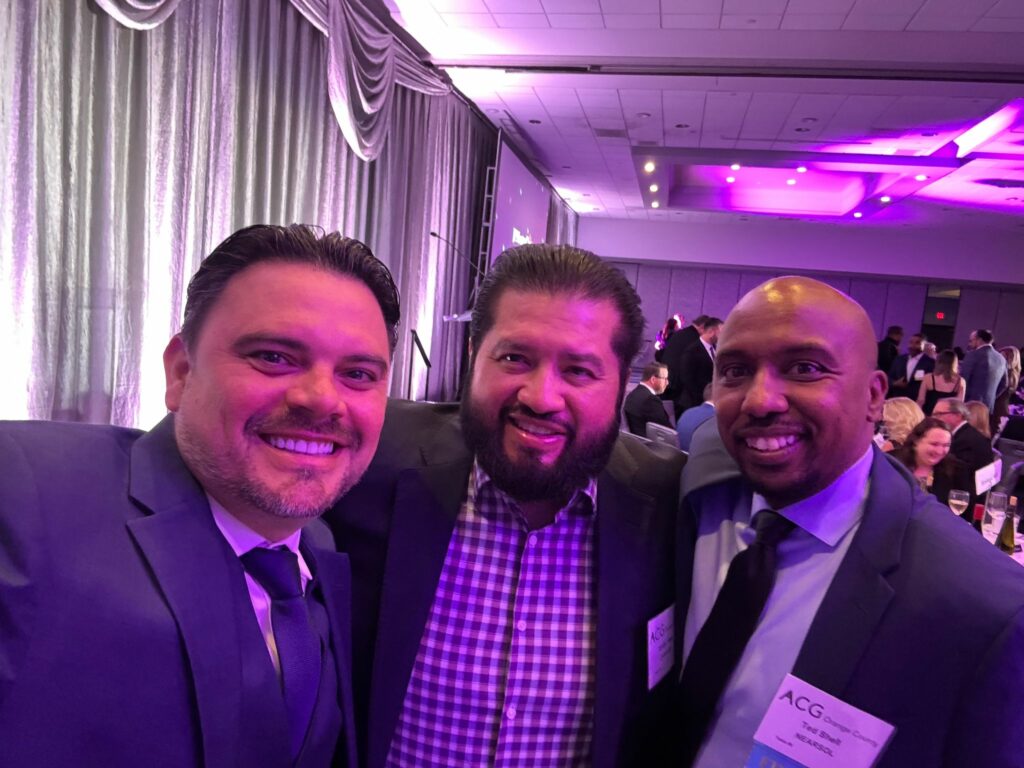Everyone has their own standards and expectation for good service, but no matter where you draw the line, if you call a company and need help then you expect to be answered.
This sounds like a fundamental expectation for anyone planning a customer service strategy, but over in Spain the government is planning to mandate this as a right – it is being discussed in parliament and may become law. The plan is to ensure that any customer calling for help should be able to talk to an agent inside three minutes.
When I saw this story, it made me think of the IRS in the US. This tax filing season they only answered one in ten calls from citizens that needed help with their tax affairs. Imagine a private company that only bothered to help one in ten customers?
With the IRS nobody has any choice so you just need to keep on calling or hope you calculated your return correctly.
But the Spanish example is more subtle. It will be applied to all customer service processes, so that includes private companies. In most cases, if a customer has a terrible customer experience because they can’t get help when they need it then that will be the last time they use this brand.
I think the Spanish government is actually more focused on reducing the automation of customer service processes. The proposed law explicitly states that a customer service representative must be available to speak when requested by the customer. This doesn’t acknowledge that the modern customer journey is usually a bit more complex than just calling a free helpline number.
If a customer has a problem with a product they will often go to Google first and search for a solution.They might ask Alexa or Siri for advice if they are used to using these digital assistants. They might be comfortable chatting to an automated bot on the corporate website or app. There are quite a few steps that the majority of customers would now try before accepting that they need to call for help.
I think the idea of a service guideline, or funding a national league table of the best brands for customer service, might be more effective at getting these brands to change their approach. The problem is that a law may only be revised every decade or so, yet we can see that the customer journey in 2019 is very different to what we are experiencing today. A recommended service framework would be much more agile than a formal law.
One of the problems here is that automation has a bad reputation. Many companies have used chatbots to deflect customers away, hoping that the bot can answer some basic questions or prevent the customer calling at all. This has always been a terrible strategy – automation should be used to enhance the customer experience rather than preventing customers from reaching out.
Think about out of hours support. Some companies offer 24/7 customer service, but many don’t. If you are a thinking about booking a Caribbean cruise and you visit the cruise website and click on the button that says ‘chat to our assistants’ then you might expect a real person on the chat. If it’s a chatbot pretending to be a human then that could be a very disappointing experience.
However, if the cruise company openly acknowledges that they are closed and their automated bot can gather all the information about your cruise plans and pass them to a human agent who can call you back at a convenient time, then I expect most customers would be happy to type in their details.
This is how an automated process can enhance the experience and work in partnership with human customer service processes. We can’t ignore that customers expect immediate service and automation can help, but we need to implement it the right way.
Creating national laws focused on how long a customer should be on hold doesn’t really help the brands designing customer service processes (or the customer) because it sets expectations in stone at the time the law is published – and we know that customer expectations change constantly.
Leave your own comment here or get in touch directly via my LinkedIn. Follow our company page on LinkedIn for more industry commentary and ideas.





